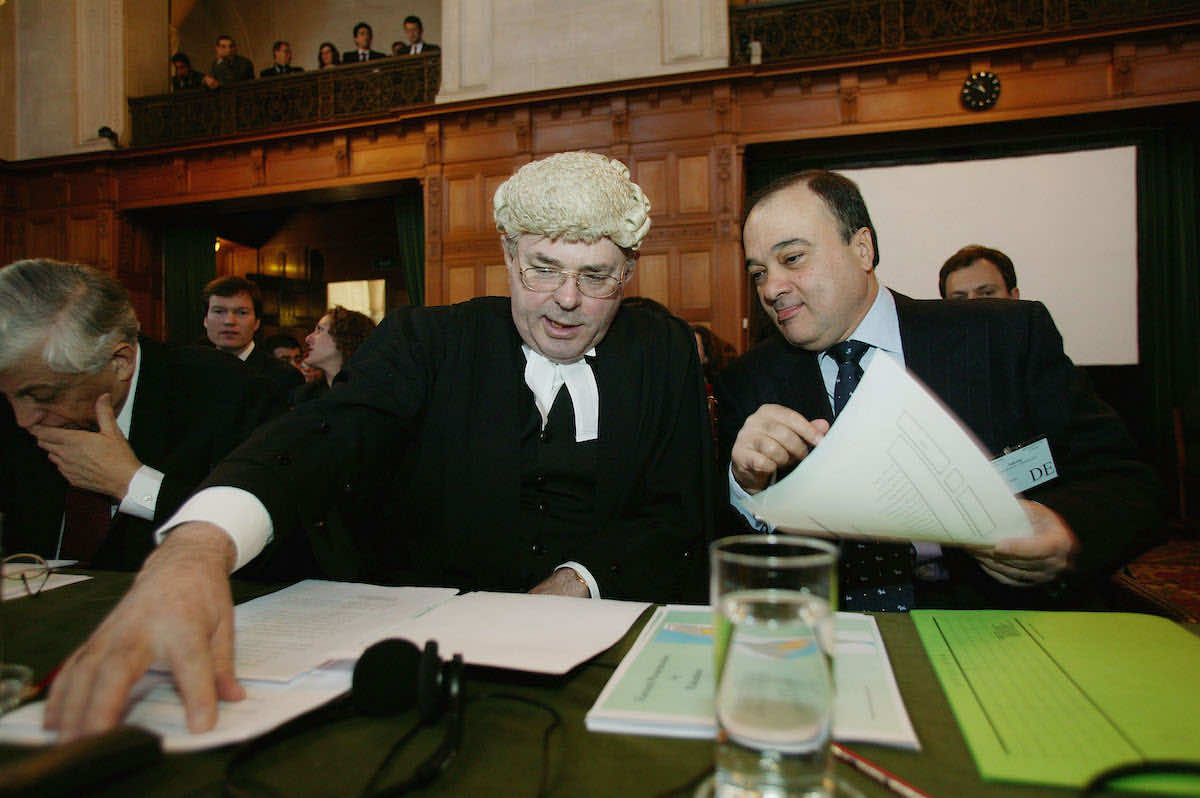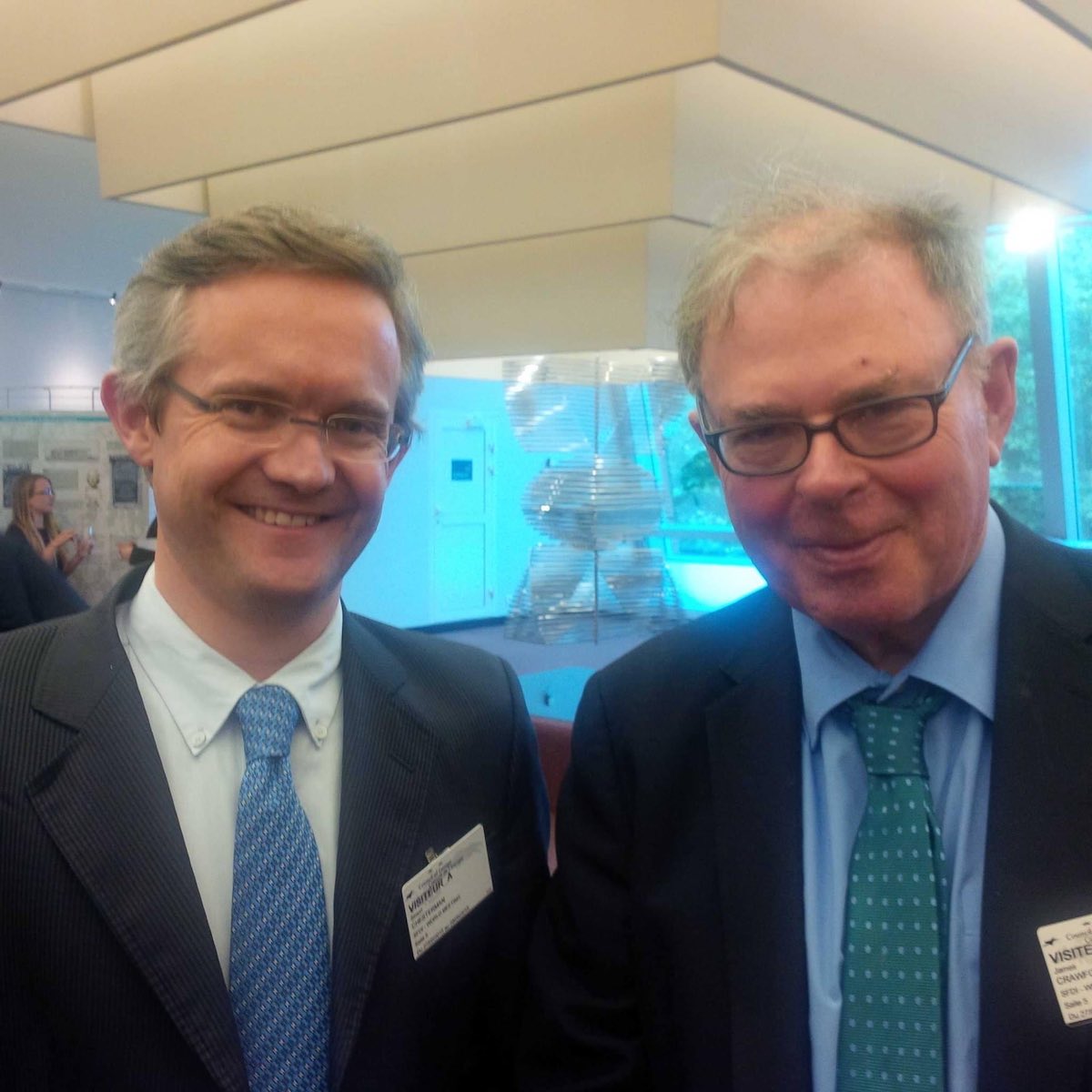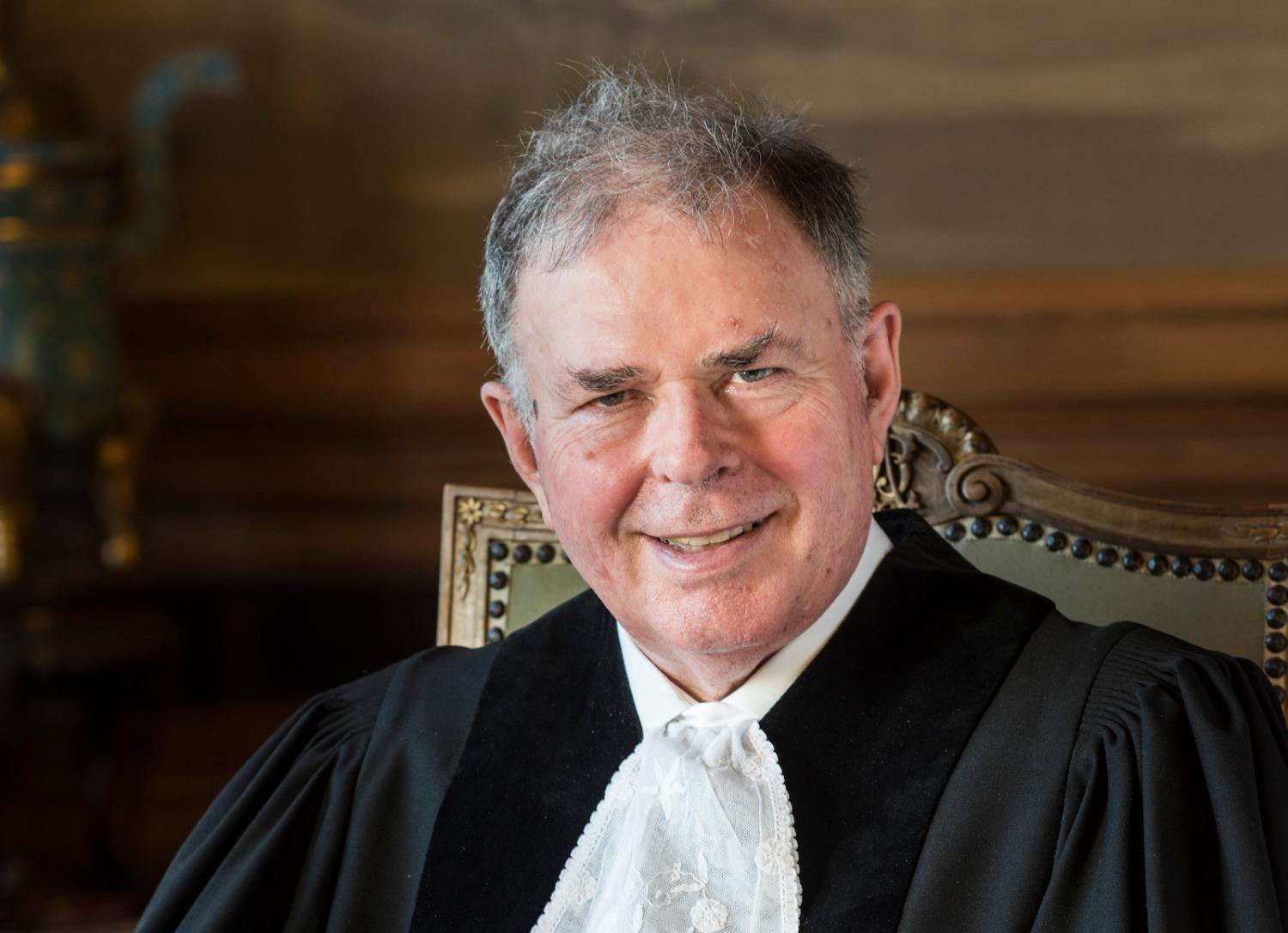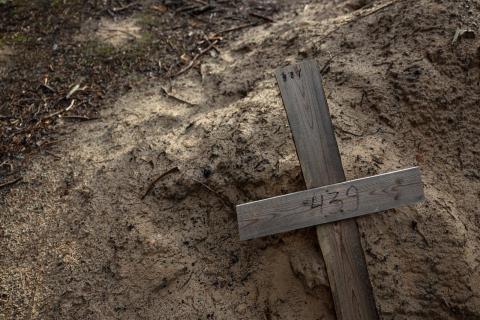James Crawford, who passed away on Monday, was the most influential Australian international lawyer of all time.
Many of us in the field hope for some measure of success as scholars, advocates, or perhaps as a judge. Crawford’s greatness in all three areas might have been infuriating had he not retained his humour, his modesty and his dedication to mentoring his students – actual and adopted.
As a student himself he moved from Adelaide to pursue a doctoral degree at Oxford, where he was one of the first supervised by the prominent international lawyer Ian Brownlie. A passing comment in Brownlie’s book that the literature on the creation of states was somewhat sparse led Crawford to propose a doctorate on the subject. Brownlie initially tried to dissuade him, given the size of the project. The resultant thesis was beyond the binding capacity of the local printers and now squats in the Bodleian Library as two fat volumes.
Among subsequent doctoral students (I was one of Brownlie’s last), it was rumoured that the examiners agreed only to read the first volume if Crawford could point to relevant sections of the second during his oral exam. It was also said that he was the reason for the introduction of word limits on subsequent theses – something unnecessary in the centuries prior to his arrival.
Crawford was responsible for some groundbreaking decisions, but also for rare instances of laughter in the World Court.
The significantly shorter book that was published in 1979, The Creation of States in International Law, launched an academic career that saw him rise to Challis Professor (1986) and later Dean of Sydney Law School (1990–92), culminating in the Whewell Chair in International Law at Cambridge (1992–2014), where he also directed the Lauterpacht Centre for International Law.
Among his other distinctions, he was the first Australian elected to the UN International Law Commission (ILC), where he shepherded through draft articles on the responsibility of states. This fundamental topic had been on the agenda of the ILC since 1949, and four previous special rapporteurs had either completed their terms or died while trying to move the draft forward. More pragmatist than diplomat, Crawford jettisoned the most controversial sections to get broad agreement on a final text that was endorsed by the General Assembly in 2001.
It was as an advocate that Crawford achieved greater prominence, appearing in more than 100 cases across every form of international tribunal. He argued some 30 cases before the International Court of Justice (ICJ), notably on behalf of Australia in the East Timor case against Portugal (1995) and the Whaling case against Japan (2014) – though his very first ICJ case was representing Nauru against Australia (1992). (In all three, Crawford himself was on the side that ultimately prevailed.)

While some of us do find international law extremely interesting, it would be a stretch to call it entertaining. Crawford was responsible for some groundbreaking decisions, but also for rare instances of laughter in the World Court. During oral arguments over the legality of Kosovo’s unilateral declaration of independence, he deftly suggested that the declaration itself might be distinguished from the more controversial question of secession. He illustrated this with a declaration of his own.
“Members of the Court,” he said. “I am a devoted but disgruntled South Australian.” He went on to declare the independence of South Australia.
What effect did his statement have? None. Was it unlawful? Of course not. Was it effective? Probably not. The court gratefully embraced the distinction and answered a far easier question than the one that Serbia had attempted to ask – focusing on the legality of the declaration rather than whether Kosovo could or had in fact seceded from the former Yugoslavian territory.
In another case that ended up before the ICJ, concerning the Chagos Archipelago, Crawford represented Mauritius against Britain in earlier proceedings at the Permanent Court of Arbitration in 2014. He memorably demolished an argument that the right of self-determination emerged only in 1970 – meaning it would have been no help to the affected population. The implication was that self-determination had played no role in the global decolonisation movement through the 1960s, which led to the creation of dozens of new states. This was akin, he argued, to saying that “the non-self-governing territories gate-crashed a diplomatic reception, to which, it was afterwards conceded, they should have been invited!”
Later, when James – now Judge Crawford – had been elected as Australia’s second-ever member of the ICJ, serving from 2015 to his death, the Chagos case was one of several from which he had to recuse himself due to his prior involvement as an advocate. The Court’s decision, which came out in 2019 (the wheels of international justice move slowly), was nonetheless broadly consistent with what he had argued five years earlier.
Crawford’s years as a judge complemented earlier work as an arbitrator, where his opinions on trade and investment disputes continue to be quoted in classrooms as well as courtrooms.
His interests and passions ranged beyond international law. As a schoolchild in the 1950s, he was bussed to a local racecourse to sit in the sun for five hours before the Queen drove past at speed. “I wasn’t terribly impressed,” he recalled some decades later, noting that this planted the seeds of republicanism (though he did not refuse a Companion of the Order of Australia in the 2013 Queen’s Birthday Honours). In the early 1980s, as a young academic at the University of Adelaide, he was recruited by Michael Kirby to the Australian Law Reform Commission (ALRC), where he wrote a major report on Aboriginal customary law – again stretching to two volumes, but also becoming one of the most cited in the ALRC’s history. Here lay, perhaps, early signs of the progressivism he brought to his scholarship, his advocacy, and (more subtly) his judgments.
For it was to international law that he devoted his professional life, and that invisible college is diminished for his passing. As the accolades and reminiscences pour in, he leaves a rich legacy of students taught, arguments made and justice served.


